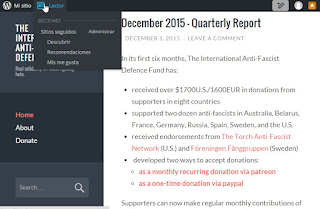A new project is raising funds for anti-fascist prisoners – covering medical bills, legal expenses, and even funeral costs. Donating at least $20U.S./€20/£15 or more allows you a voice in funding decisions.
Check out their quarterly report below which details who they’ve helped and how, and find out how to donate to this amazing project!
[Tarcoteca spanish version]
[Tarcoteca spanish version]
In its first six months, The International Anti-Fascist Defence Fund has:
- received over $1700U.S./1600EUR in donations from supporters in eight countries
- supported two dozen anti-fascists in Australia, Belarus, France, Germany, Russia, Spain, Sweden, and the U.S.
- received endorsements from The Torch Anti-Fascist Network (U.S.) and Föreningen Fånggruppen (Sweden)
- developed two ways to accept donations:
Supporters can now make regular monthly contributions of any amount automatically by signing up here. This is the best possible way to support the Fund and the anti-fascists and anti-racists it provides much-needed material aid to.
Here is who the Fund has supported so far:
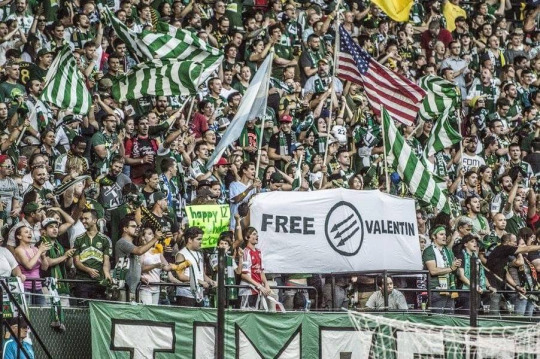
Valentin is an anti-fascist in Bremen, Germany that was imprisoned for defending himself and his friends against an ambush by a gang of nazi scum. Valentin was released from prison in November 2015.
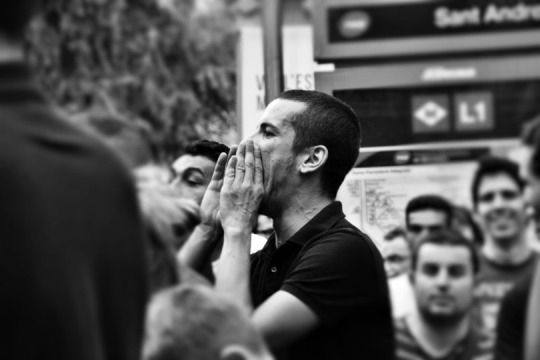
Sergi is a Spanish anti-fascist currently facing a lengthy prison sentence for defending himself at a protest against a neo-nazi concert.
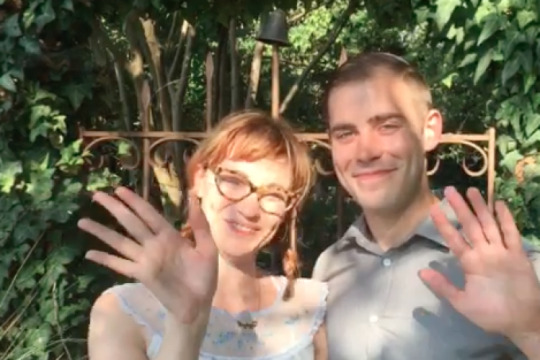
Stephen was charged with “breach of peace” for standing up against a KKK rally in Columbia, South Carolina, USA in July.
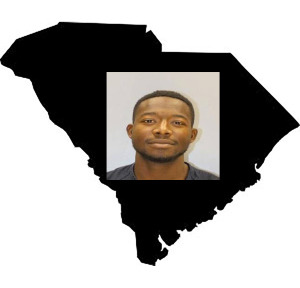
Eddien was also charged with various “crimes” for confronting the KKK at the same action Stephen attended. Eddien was released from prison in September 2015.
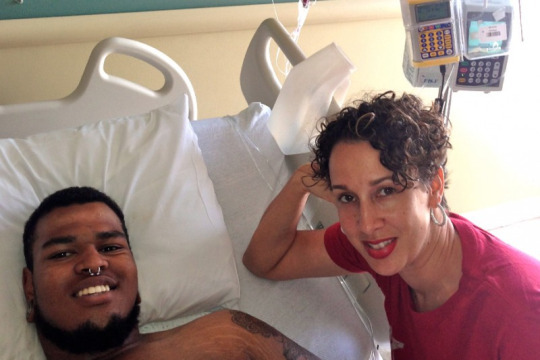
Jeremiah was at a concert when two neo-nazis showed up and started making trouble. Jeremiah confronted them and was nearly stabbed to death by one of the racist scumbags.

Paul is a German anti-fascist who was arrested at a July anti-Pegida action for the “crime” of carrying a flag with a flagpole the police was decided was “too short.” He was released from prison in September 2015.
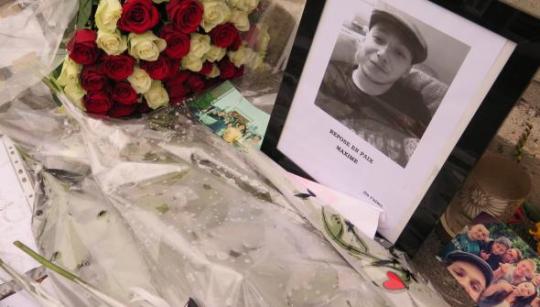
Maxime Bugsel was a young anti-fascist from Bruay-La Buissière who was shot to death late one night in August 2015. We were honoured to be able to help his family pay for his funeral expenses.

Maxime Bugsel was a young anti-fascist from Bruay-La Buissière who was shot to death late one night in August 2015. We were honoured to be able to help his family pay for his funeral expenses.
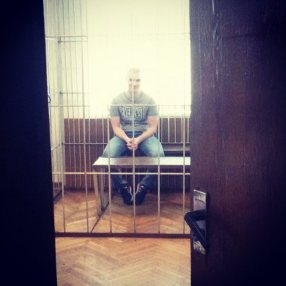
Vlad Lenko is an anti-fascist in Belarus currently serving a six-year prison sentence for defending himself against neo-nazis. We contributed to his legal defence, which hopes to mount an appeal of his brutal sentence.

An anti-fascist woman from Melbourne, Australia who was fined $1200 for her part in confronting the racist UPF in Bendigo in August 2015. Thanks to us and other donors, her fine was paid in full! More info here.
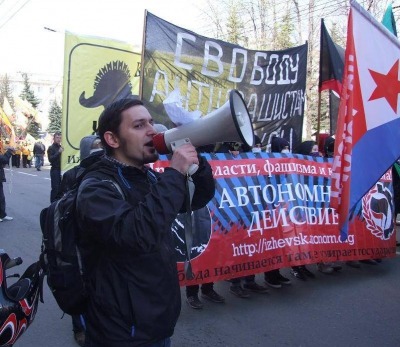
Oleg Serebrennikov is a Russian anti-fascist that was severely injured by nazi boneheads in 2004. While he hasn’t let that stop him from standing against racism, his injuries have required expensive ongoing treatment that the Fund is helping him pay for.
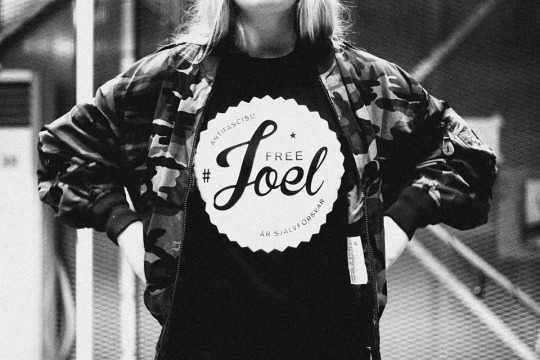
Joel is a Swedish anti-fascist that defended an peaceful anti-racist demonstration from a violent attack by neo-nazis. Joel is currently serving a severe sentence for his heroism and is due to parole in 2017. He also received a fine of 40000SEK, which we are helping him pay.


The Kungsan 15 are fifteen Swedish anti-fascists who were charged with various “crimes” for defending themselves and others against attacks by neo-nazis at an anti-racist march in Kungsan, Sweden. Two were acquitted but 13 of them received severe sentence of four-to-eighteen months in prison plus a cumulative total of 350,000SEK in fines.
HELP US HELP OUR BROTHERS & SISTERS IN THE FIGHT AGAINST HATE! If you agree that fighting hate is not a crime; if you believe that anti-fascism is self-defence; and if you want to show real solidarity with your fellow antifa, please make a donation to The International Anti-Fascist Defence Fund and encourage people you know to join you in donating.
You can make a monthly recurring donation to the Fund here.
You can make a one-time donation via paypal here.
A donation of at least $20U.S./€20/£15 gives you a voice in the funding decisions.
Please help us help our friends in the antifa movement! Donate to the Fund and spread the word!

